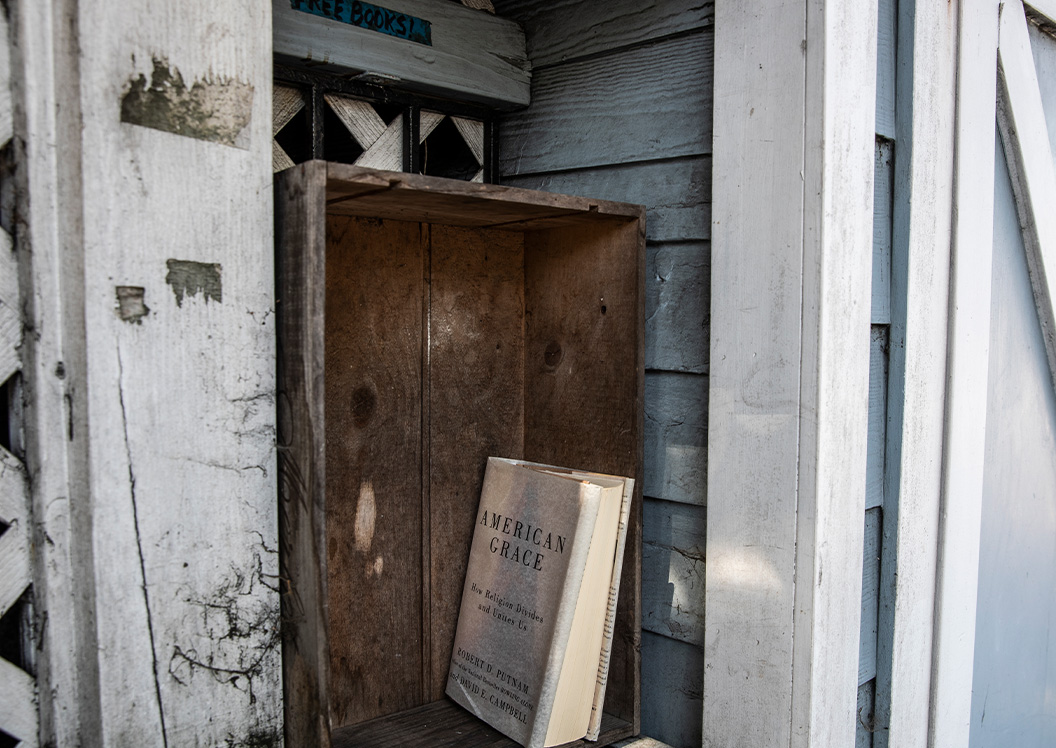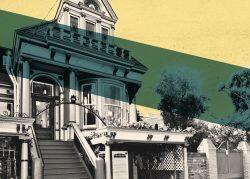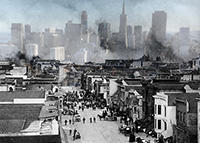San Francisco wants to identify thousands of concrete buildings across the city and retrofit them ahead of a major earthquake.
Mayor London Breed has released an executive directive calling upon city officials to find concrete buildings at risk of damage in an earthquake and then create standards to retrofit them, the San Francisco Chronicle reported.
With a 95 percent chance of a major temblor in the next century, buildings built of concrete that aren’t flexible, or without steel reinforcement, can crack and crumble, city officials say.
Under the directive, the city’s Office of Resilience and Capital Planning and the Department of Building Inspection have six months to draft legislation that would create a screening process for concrete buildings, according to the Chronicle.
The inspection department must then develop new seismic retrofit standards for the city’s building code.
After the 6.9 magnitude Loma Prieta earthquake in 1989, San Francisco passed an ordinance requiring all unreinforced masonry buildings to be retrofitted. In 2013, the city began a program to retrofit “soft-story” buildings with unreinforced ground-floor garages or shops.
The city has a preliminary list of 3,400 concrete buildings at risk of collapse during a major earthquake.
About half of them are commercial buildings, while a quarter each are industrial and residential, concentrated in Downtown, Chinatown, the Tenderloin and South of Market, according to Brian Strong, the city’s chief resilience officer and director of the Office of Resilience and Capital Planning.
But without speaking to landlords and doing inspections, the city hasn’t been able to verify the list, according to Laurel Mathews, senior earthquake resilience analyst for the resilience office.
“We can look at a building and say there’s a lot of concrete on the outside of that building, but we don’t have an X-ray,” Mathews told the Chronicle. “We don’t have unlimited access to go inside these buildings and look at how much steel is in them.
Read more



“Some buildings look like a lot of concrete on the outside, but have some other kind of structural system on the inside.”
The screening could include reaching out to owners of buildings on the list to verify their status, as well as doing public outreach to discover whether there are more buildings made of non-ductile or unreinforced concrete.
Strong previously told the Chronicle the cost of the concrete retrofit program would likely be higher than the soft-story retrofitting, which cost $75,000 per building.
— Dana Bartholomew
